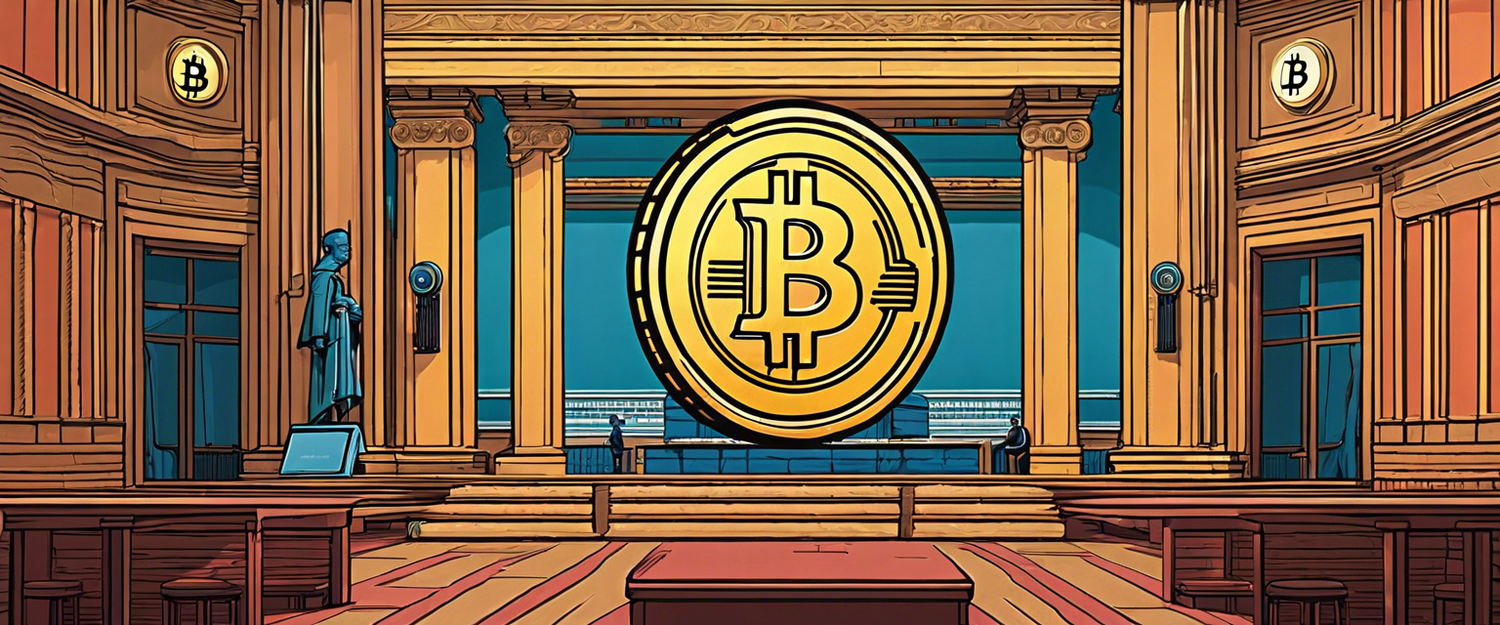The Czech National Bank's Growing Interest in Bitcoin
Recent discussions within the Czech National Bank signal a notable shift towards cryptocurrency as a potential component of the country's foreign exchange reserves. Aleš Michl, the governor of the bank, has publicly expressed interest in Bitcoin, which aligns with a growing trend among governments to explore digital currencies.
Exploring Bitcoin as a Diversification Strategy
During an interview, Michl mentioned the idea of acquiring a small amount of Bitcoin as a diversification strategy. Although he stated that this would not be a substantial investment, the mere consideration indicates a progressive approach among central banks regarding cryptocurrency. Any future decisions regarding Bitcoin investments will necessitate the approval of the bank's seven-member board.
Current Stance and Future Possibilities
While Janis Aliapulios, an adviser to the board, confirmed that the bank does not currently plan to invest in Bitcoin, the door remains open for future discussions. The bank is predominantly focused on enhancing its reserves through gold purchases, with a goal to elevate gold holdings to approximately 5% of total assets by 2028.
Bitcoin vs. Gold: The Investment Returns
The potential role of Bitcoin as a reserve asset is highlighted by its remarkable annual returns. Over the past year, Bitcoin's value surged by over 131%, contrasting sharply with gold's increase of just over 30%. This divergence in performance is prompting a reassessment among financial institutions regarding the nature of safe reserve assets.
A Shift in Financial Strategies
As noted by blockchain expert Anndy Lian, there is a significant shift occurring among governments reviewing their financial strategies. If Bitcoin is integrated into national reserves, it could dramatically reshape global finance, encouraging decentralized and digital methodologies for achieving economic stability.
Risks of Bitcoin's Volatility
Despite its impressive returns, Bitcoin's inherent price volatility poses a substantial risk that may lead to increased financial fluctuations. This volatility could influence government decisions on adopting Bitcoin as a reserve asset.
Bitcoin's Growing Recognition in the United States
In the U.S., Bitcoin is increasingly recognized as a viable savings technology. The Bitcoin Act, spearheaded by Wyoming Senator Cynthia Lummis, advocates for the establishment of a strategic Bitcoin reserve. Given the recent election dynamics favoring the Republican Party, which now holds a Senate majority, this proposal is gaining momentum.
Bipartisan Support for Adoption
This proposed legislation has found bipartisan backing, with support from various political figures including Democratic Representative Ro Khanna. State-level initiatives, like Pennsylvania's Bitcoin Strategic Reserve Act, are paving the way for broader acceptance of Bitcoin in official financial frameworks.
The Potential for Bitcoin Prices to Soar
If the Bitcoin Act successfully passes through U.S. lawmakers, projections suggest that Bitcoin's value might skyrocket, with predictions estimating prices could soar beyond $1 million. This perspective is endorsed by leading figures in the cryptocurrency space, including Adam Back, co-founder and CEO of Blockstream.
Conclusion: The Future of Bitcoin as a Reserve Asset
The ongoing discussions surrounding Bitcoin's incorporation into national reserves illustrate a pivotal moment in financial strategy evolution. As countries like the Czech Republic and the United States explore the integration of Bitcoin, the financial landscape may shift towards a more decentralized and digitally oriented framework.



Lasă un comentariu
Toate comentariile sunt moderate înainte de a fi publicate.
Acest site este protejat de hCaptcha și hCaptcha. Se aplică Politica de confidențialitate și Condițiile de furnizare a serviciului.